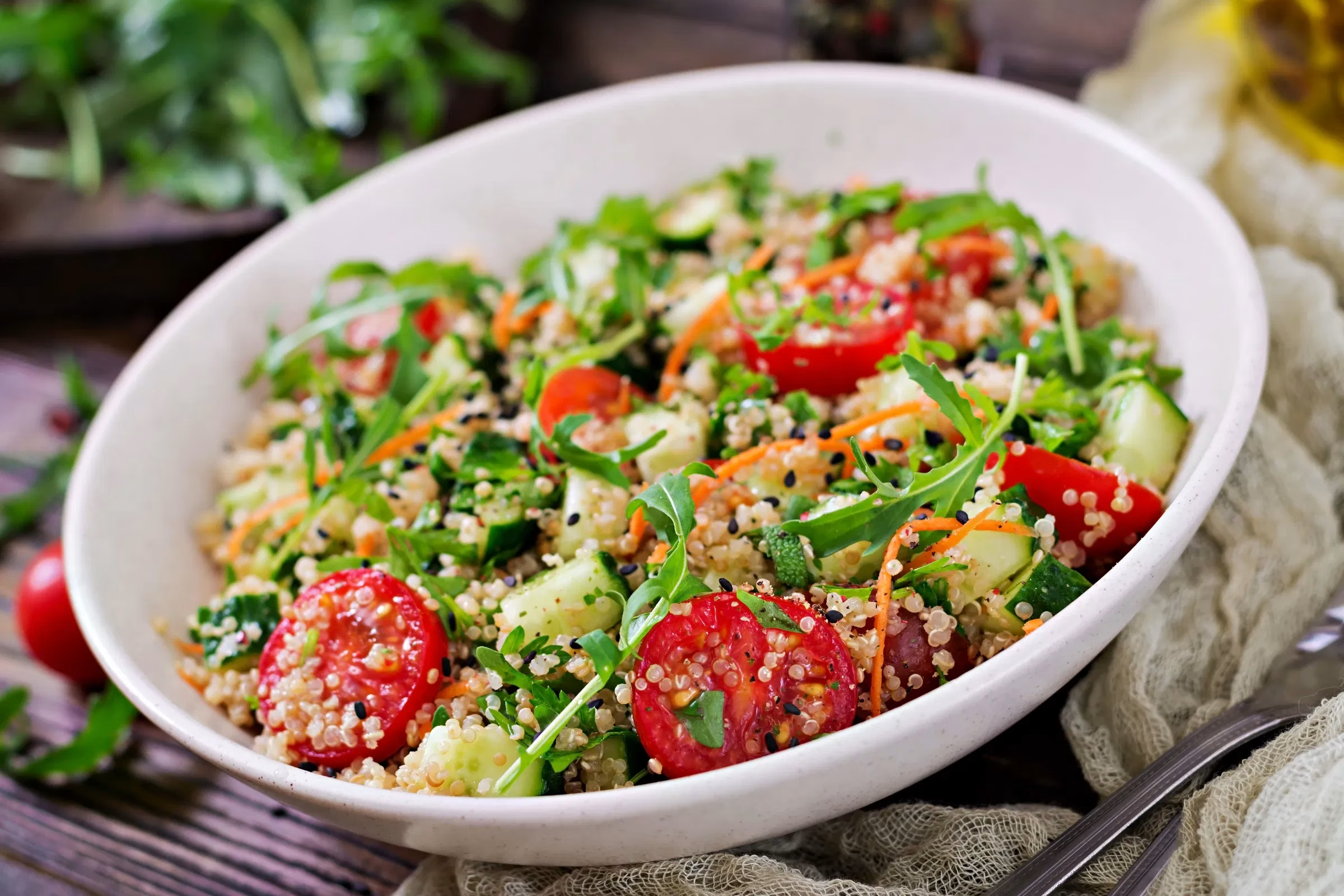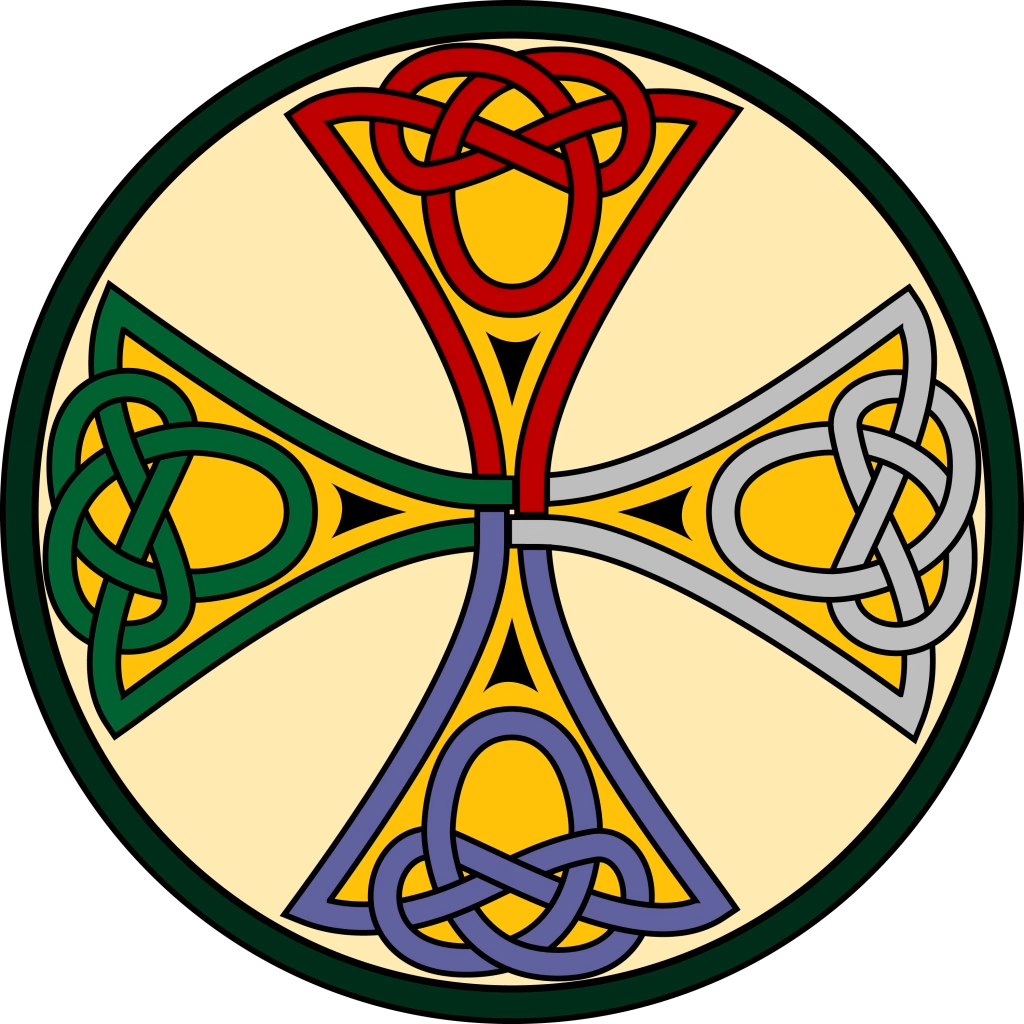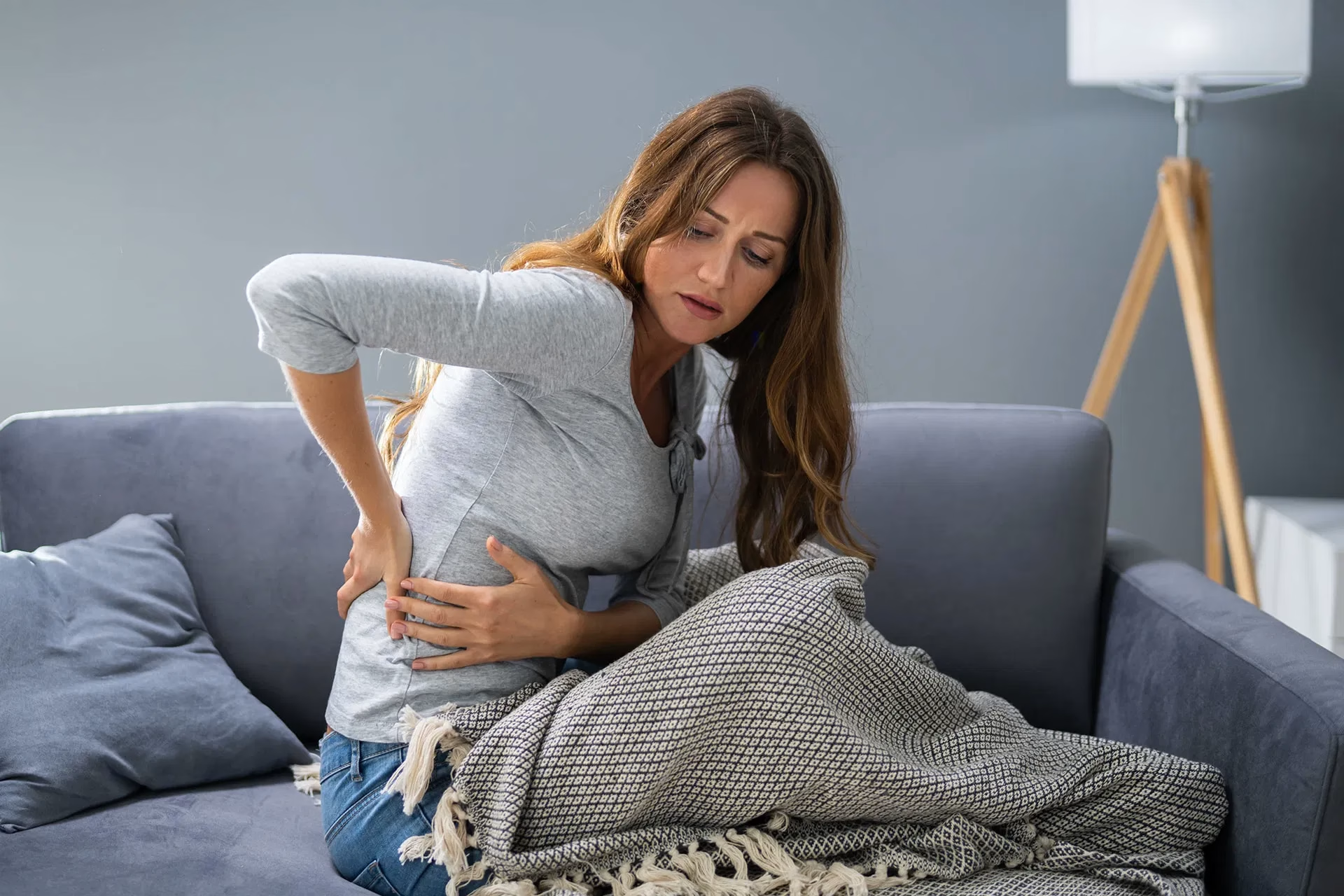
With the onset of spring and then again in late summer I tend to see an increase in patients who struggle with allergies. Boosting immunity is the key to alleviating these symptoms. They may already be in full allergy misery, or simply anticipating the coming season. They’re the ones with the itchy eyes and ears, a runny nose, coughing, and even asthma. Regardless of which symptoms they have, each and every one is suffering.
In addition, over the winter, I have seen people in the clinic who have had a nasty cold that they just can’t seem to get rid of. It starts like any other run of the mill cold, but at some point, it drops down and becomes a heavy chest cold with a chronic cough. Many of those patients have come to me frustrated and a little bit frantic because they can’t seem to shake this thing and are coughing for what seems like months.
I also see patients who seem to catch absolutely everything that’s going around. They do their best to take care of their health, but it never fails when the creeping crud or the galloping flu is in town, they always get it.
In every instance, getting sick is no fun, and these patients want to know what they can do to boost their immunity and have turned to Chinese medicine and acupuncture for help. In the simplest terms, immunity in Chinese medicine is a bit like a protective shield, or force, that protects you from the viruses, bacteria, and pollen that make you sick. We call this protective force Wei Qi, and it needs to be strong in order to do its job in keeping you healthy. Clearly, when your Wei Qi is weak, it’s easier for pathogens to get through and make you sick.
The question then, is what can you do to have strong Wei Qi? The answer is to look at the function of Qi, or energy, in general. Your body, and the entire universe for that matter, is fueled by an energy that the Chinese call Qi. In your body Qi keeps you warm, moves your muscles and the blood through your vessels, transforms food into nutrients, and protects you from outside invaders (like the flu bug). When your Qi is strong, its protective function will also be strong, but when you’re run down, burning the candle at both ends, or eating too much from the drive through window, your Qi takes a hit, often in the form of weakened immunity.
Knowing that the strength of your energy is the key to strong immunity, your best strategy is to build up your Qi. One of the most efficient ways to do that is by getting the most out of your diet. The Chinese believe that food is medicine you get to eat three times a day, and each meal is an opportunity to improve your health. Here then, are some tips, using both diet and lifestyle, that can help you build up your Wei Qi:
- Eat good food. This means making sure you get enough plant based foods that are a variety of colors. Doing so ensures that you’re getting your full complement of vitamins and antioxidants which boost immunity. A simple rule of thumb is to eat real food (not packaged), mostly vegetables, with a little whole grain and protein.
- How you digest your food also counts. If you don’t have good digestion, it doesn’t matter what you eat. Symptoms like heartburn, stomachaches, gas, bloating, loose stools, or constipation is your body telling you that your digestion needs some help. You can start by cooking your vegetables instead of eating them raw, as they’re easier to break down. Avoid very heavy, greasy foods, lots of sugar, and very cold drinks. In addition, get some help in the form of acupuncture, which can put your digestion right fairly quickly.
- Your lungs are also an important part of your immunity. Think about it; when you get sick, some part of your respiratory system is usually the first place it shows up. Taking care of your lungs by practicing deep relaxing breathing, avoiding smoke and other pollutants, and avoiding breathing really cold air, are some simple strategies to keep your lungs healthy.
- Sleep is also critical. Your body heals and rejuvenates while you are sleeping. Good sleep builds good Qi, so if the quality of your sleep is poor, your immunity will also suffer. Aim for 7-9 hours each night, turn off all lit screens well before bedtime, and get some help (again acupuncture is good) if insomnia is a problem.
- Check your stress. There is a direct link between stress and immunity, in that when you are stressed your fight or flight response is engaged. This enables your body to deal with the threat at hand by ramping up the systems needed to either fight or run and curbing those systems that aren’t needed right in the moment. What this means is that when you’re stressed, immunity is dialed back, so getting a handle on your stress is a good way to support your immune function.
- Get some Vitamin D. If you predominantly work indoors, chances are that your Vitamin D levels are low. Vitamin D is important for a whole range of health issues, and low levels can decrease your immunity. At your next physical, ask your doctor to run a Vitamin D test with your other bloodwork. Or if you just had your physical and the doctor didn’t order that test, you can get one ordered through our office. If your Vitamin D is low, we have supplements. The usual supplements are 1,000 to 2,000 i.u’s a day in the form of Vitamin D3.
- Understand that your body is programmed to heal itself, but that seemingly unrelated things can affect that process. If you are sick or injured, experiencing a loss, going through a life transition, recovering from childbirth or surgery, or are run down in some way, your immunity is compromised because recovering from any of those things takes vital energy, leaving a deficit in Wei Qi.
- Hand Washing. While this is not Chinese medicine, wash your hands frequently, especially if you have been around sick people. And keep your hands away from your face. Also, if you’re dealing with allergies, remember that anything you do outside is exposing you to pollen. So when you come indoors, wash your face, gently towel off the dog you’ve just walked, and change your clothes. This makes immunity’s job a little easier. Inside, wear a mask when doing the “dirty chores” like vacuuming and dusting.
Chinese medicine can help here, too! Both acupuncture and Chinese herbs are an effective way to strengthen your protective defenses, decrease stress, promote good sleep, and strengthen your lungs. If you feel like you are catching every little thing that is going around, think about acupuncture to fortify your Wei Qi.



